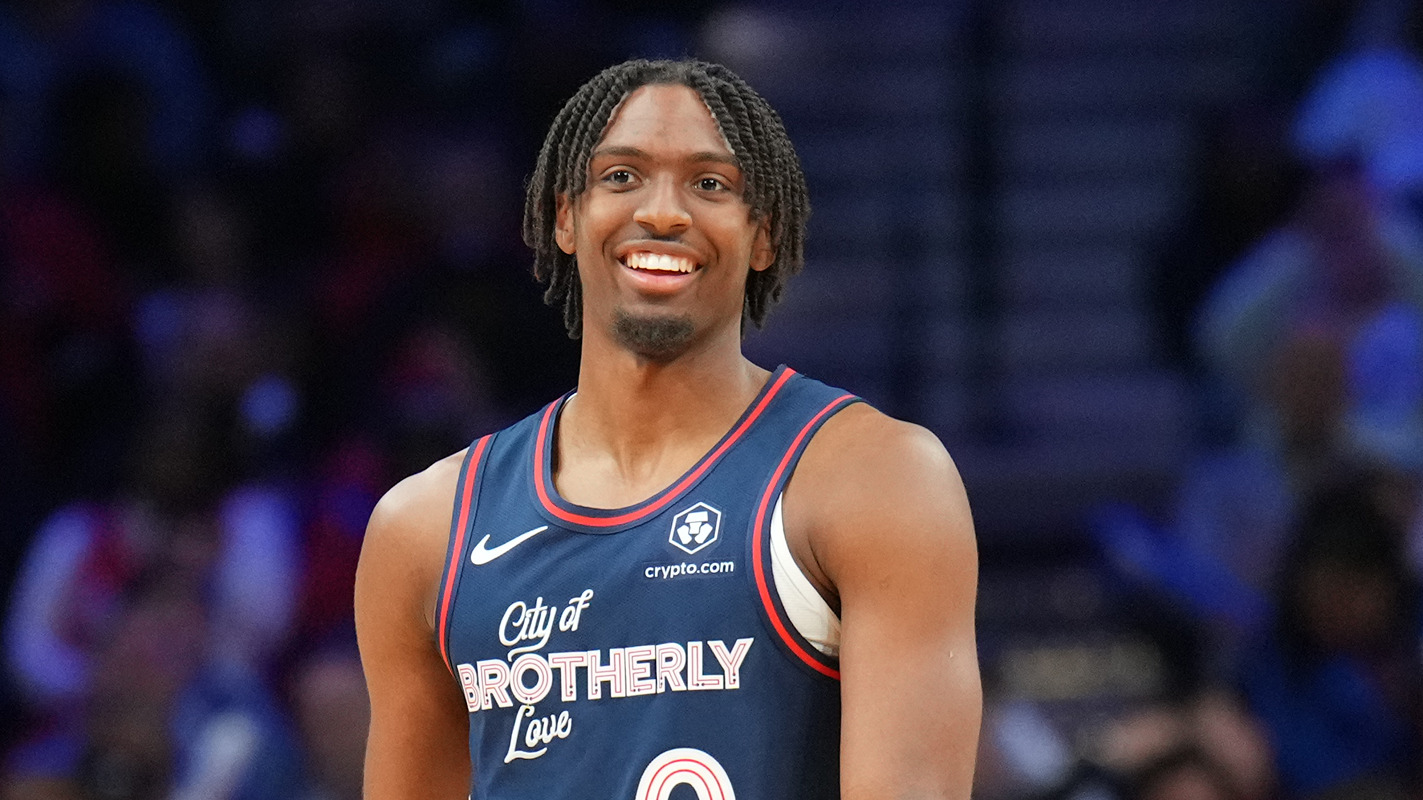Like millions of families across the country, many were shocked when Buffalo Bills football player Damar Hamlin collapsed mid-game after suffering a cardiac arrest.
A North Texas family said the incident hit close to home.
"It was really emotional for me because that's exactly what happened to me and it was sports related," said Joe Krejci, a college freshman at A&M Galveston who is home in Dallas for the winter break.
"His was a little different because he got hit in the chest, but still cardiac arrest, very scary and it brought me to tears a little," expressed Krejci.
Get New England news, weather forecasts and entertainment stories to your inbox. Sign up for NECN newsletters.
The now 19-year-old had a brush with death in middle school and almost lost his life during track practice.
"I was just running, collapsed and went into cardiac arrest, and then the coach grabbed the two fastest guys and said, 'Go to the nurse and grab the AED,'" said Krejci about what happened to him when he was 13 years old.
He said during that time his coach performed cardiopulmonary resuscitation, CPR, and the automated external defibrillator, AED, provided him with the shock that helped save his life.
Sports
Patriots, Red Sox, Bruins, Celtics and more
His mom was at the front of the school waiting to pick him up and learned that while there, her son had been placed in an ambulance and taken to the hospital.
"They put a pacemaker in my chest and defibrillator that, like, paces my heart, and if I collapse, it'll shock me. And I've collapsed about three times since that," said Krejci who said he's undiagnosed and doctors don't really know what happened.
He said adrenaline-based situations cause the medical emergency, and that the past three times it's happened is when he was running or playing around with friends. The most recent incident occurred when he was a sophomore in high school.
“Only one in 10 survive sudden cardiac arrest. So the fact that both of us survived these incidences is, frankly, we're double dipping in the miracles," said his mother, Virginia Krejci.
In January 2020, she, too, experienced sudden cardiac arrest.
"I don't recall exactly the exact moment when I collapsed. But I was alone when it happened. I was walking down the street. My husband was picking up food and meeting me at the car and when I didn't come back to pick him up, he immediately started running down the street and saw that I was collapsed on the ground and [he] started doing CPR on me," explained Virginia.
She said a stranger saw her on the ground and called the paramedics.
"Literally by the grace of God, the paramedics were already in the neighborhood for another call and came to me and applied the AED -- revived and shocked my heart back into rhythm," said Virginia.
She also received a pacemaker and internal defibrillator and doctors don't know why she and her son both collapsed.
"Literally by the help of an AED, and immediate response for CPR helps as well, because as soon as your heart stops, there's no longer oxygen being pumped to your brain," said Virginia.
Since she and her son's medical emergencies, they've become active with a North Texas nonprofit called Living for Zachary.
The charity was started in honor of Zachary Schrah, also known as Zac, who was 16 years old when he collapsed from a sudden cardiac arrest during a football practice in Plano in 2009.
The nonprofit not only focuses on awareness, but it also provides CPR training and heart screenings for children and young adults, plus they donate AEDs.
They will be hosting a free youth heart screening in McKinney on Jan.14, from 9 a.m. to 2 p.m. at the Baylor Scott & White The Heart Hospital located at 5268 W. University Drive. It's only for people ages 12- 22, an appointment is required, space is limited and a parent must be present for those under 18.
They have more events listed around DFW on their website.
"I always say, when you're walking into a building find the AED because you never know when someone is going to collapse," said Virginia.



